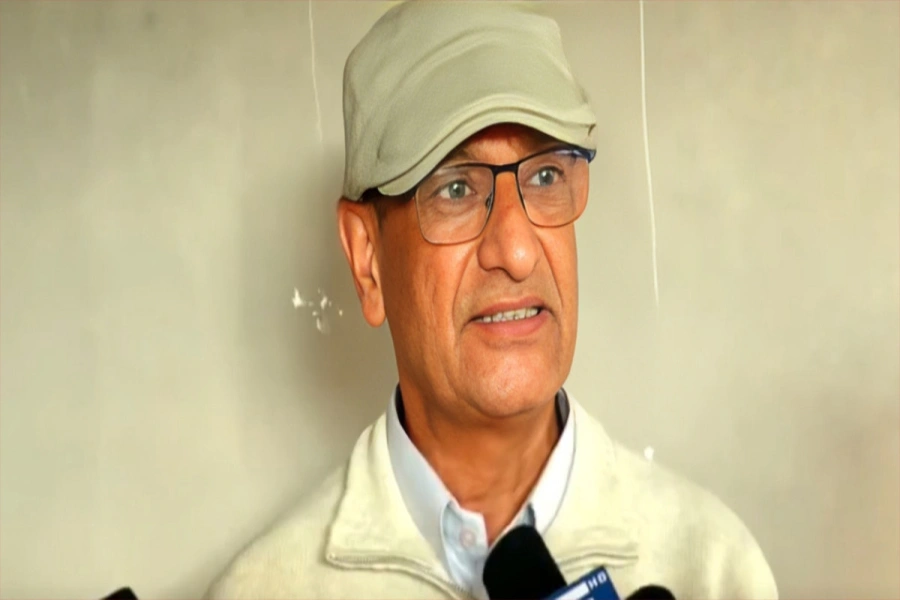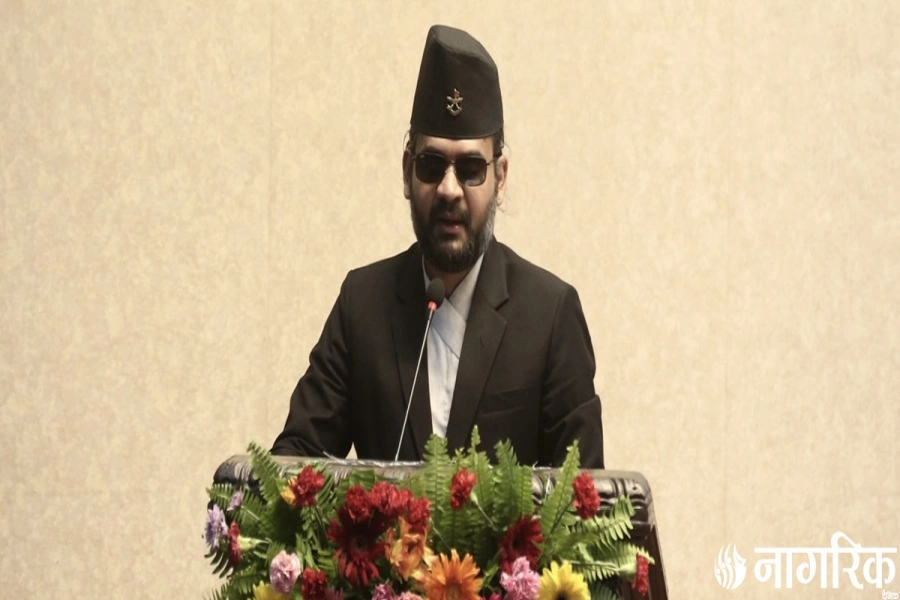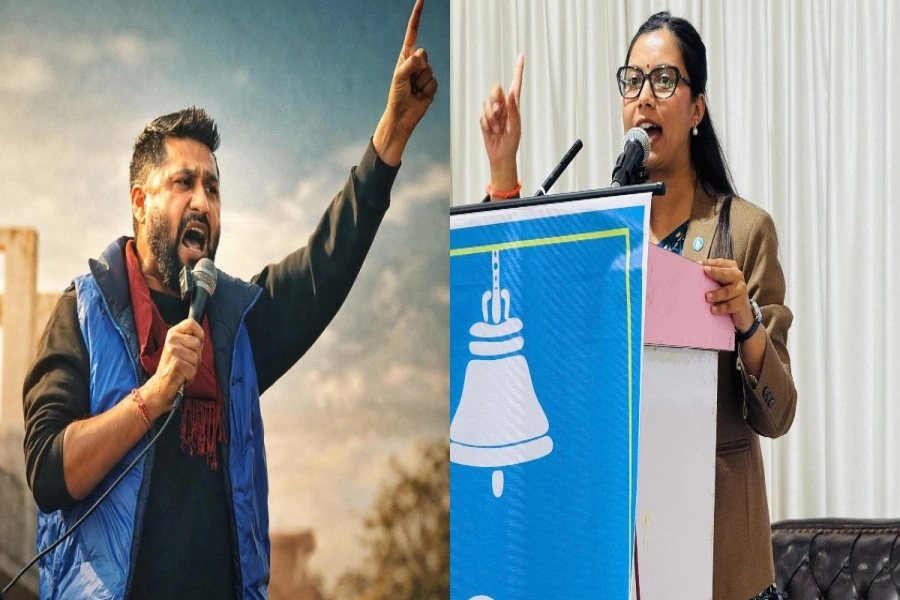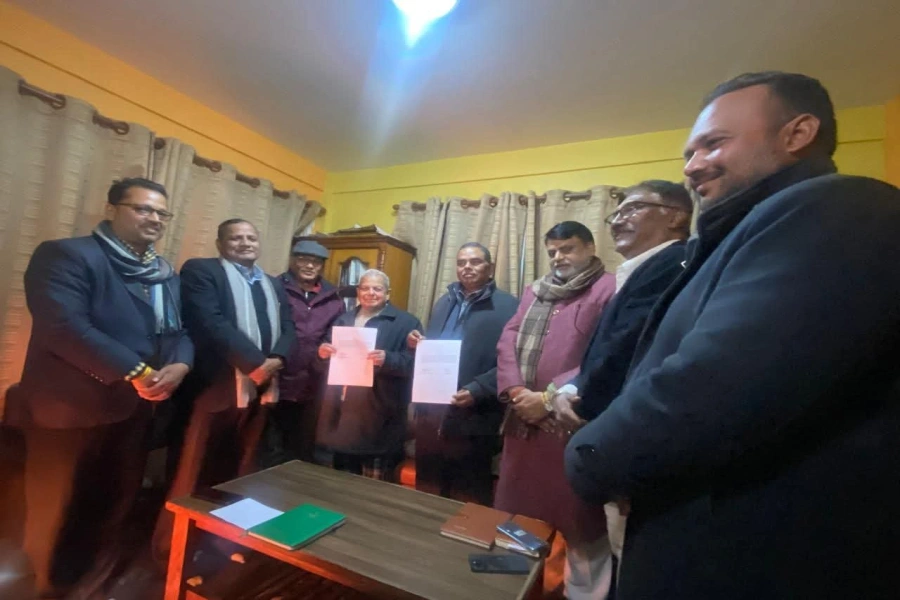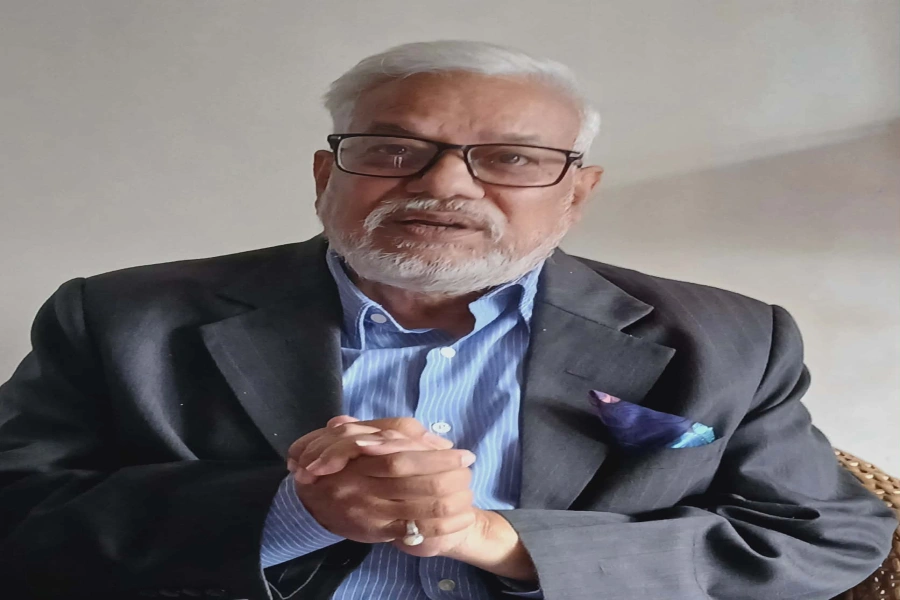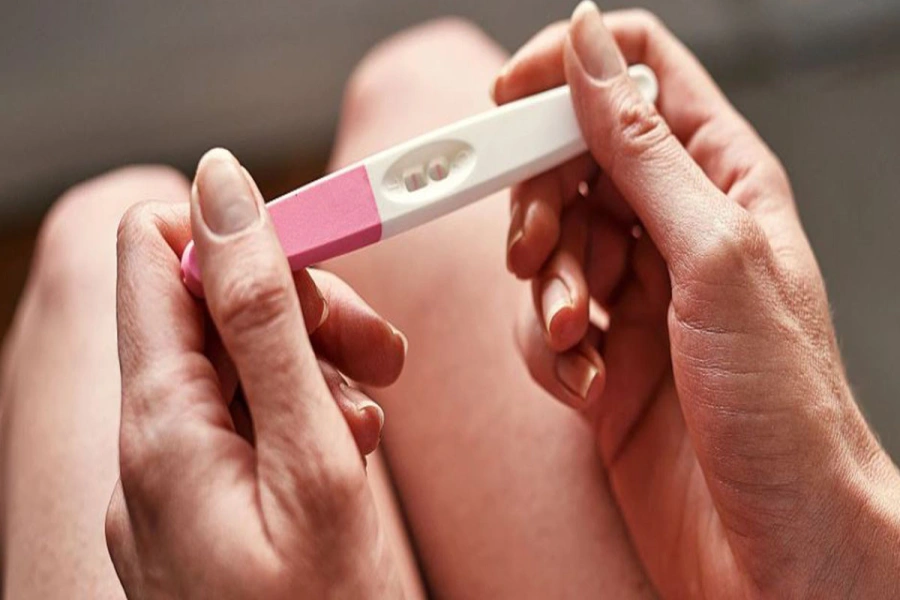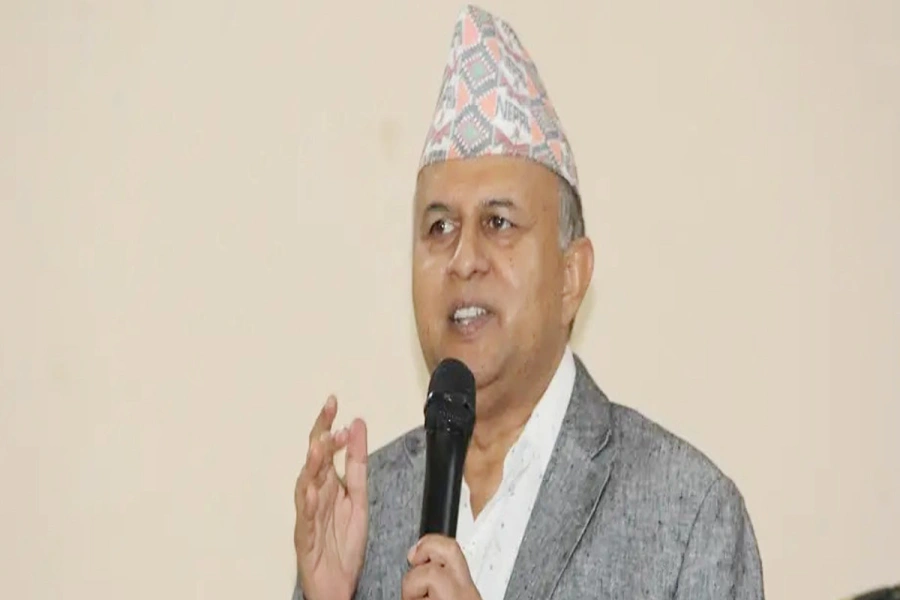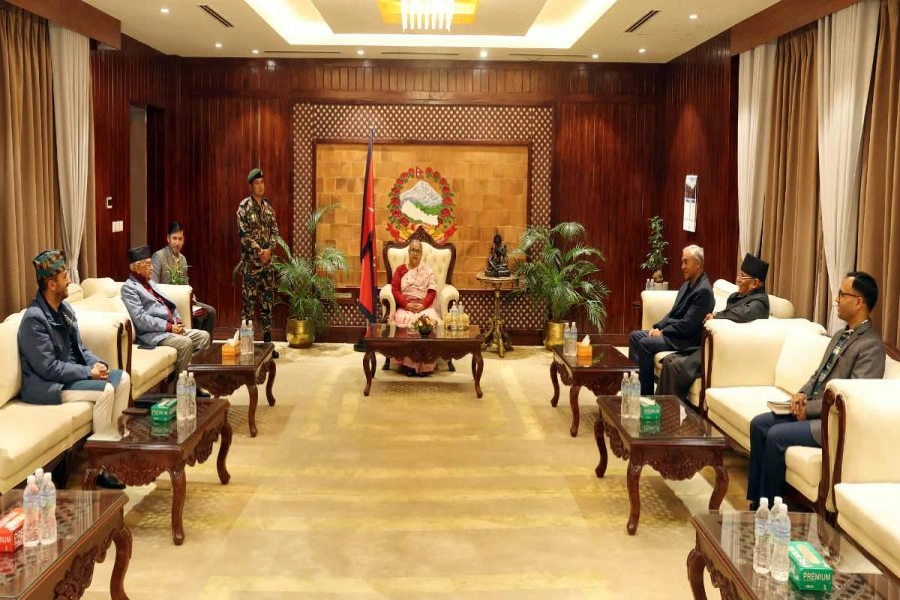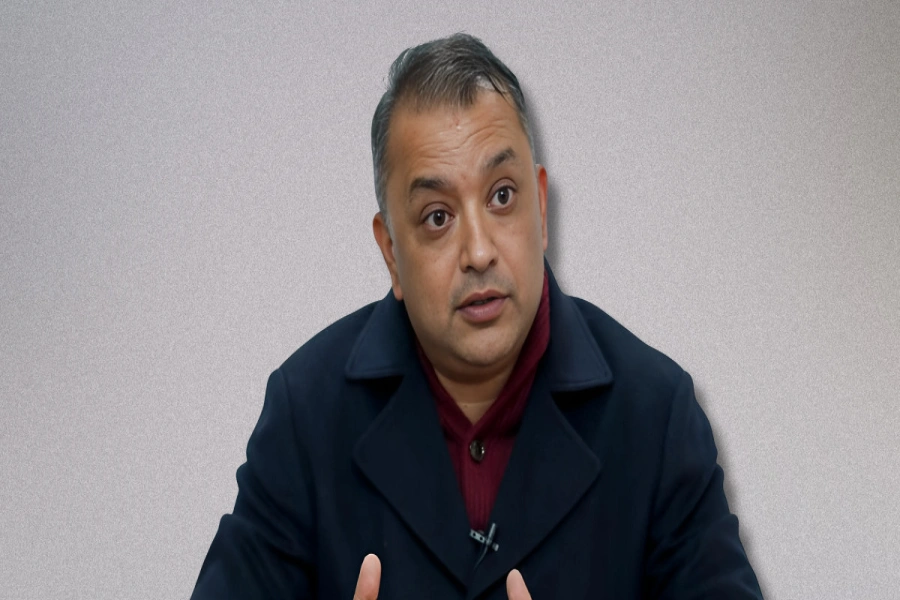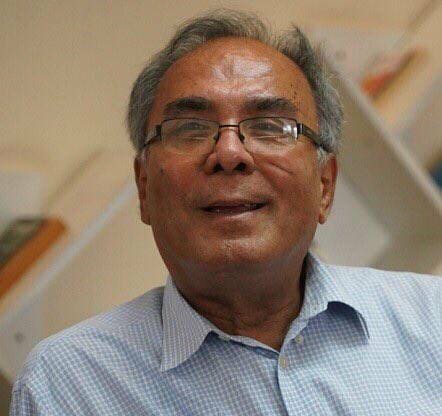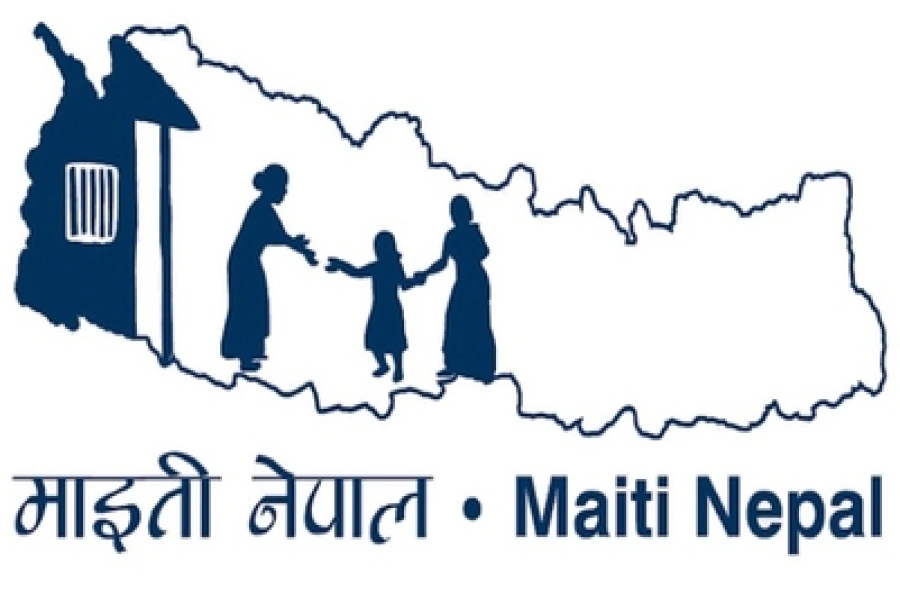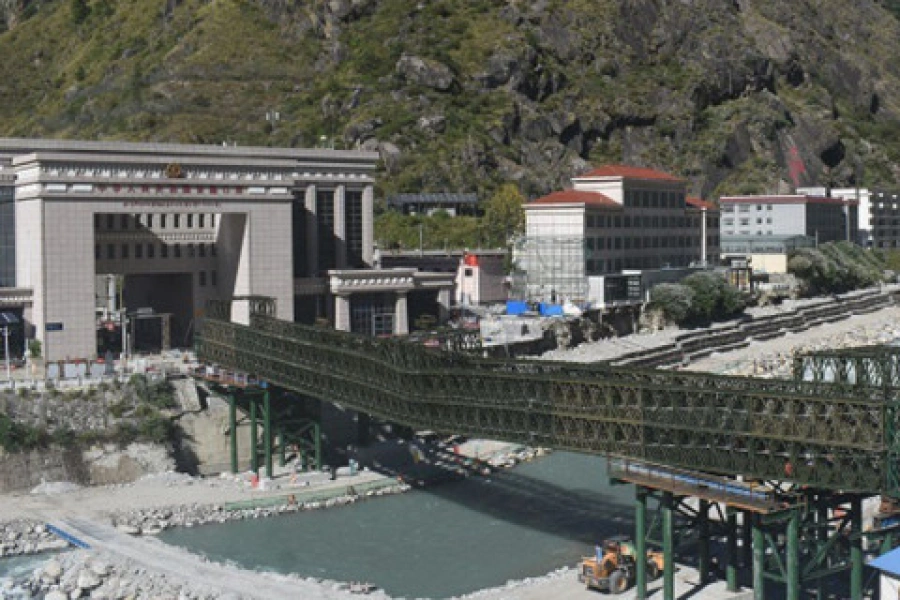Wouldn’t it be awesome to discuss research with a tad of wine (or maybe juice, if you don’t drink)?
I can say that you have heard about Cafés and know most of them very well – Bakery café, Barbeque café, Research café, Italian café, Hold on! Research Café! What is this new thing?
Well, Research cafés are not there still in Nepal, but you can see those in various cities in UK, and other places as well. However, they are in different monikers say, ‘Café Scientifique’, or ‘Café Research’ or ‘Science Café’. You might just be as curious as I was when I first heard, ‘what actually are Research Cafés?’
Welcoming wellness

Research cafés are what they sound like – a place where you get together like in a café to discuss and debate research for the price of a cup of coffee or a glass of wine. Okay, you might think that going to café with a bunch of friends and conversing about research makes café a research café. But, it’s much more than that.
Wondering what research café would look like? Nobody would give a damn when in a café you stand up and blabber about your research. But what if there is a setting in place where people come just to listen to your work? People come to research café to get updated on things such as what’s going on around the world today, or what somebody found through his/her study. It can be about anything as small as an ant to global issues such as global warming.There is no concrete structure of how these cafés should be. For instance, when colleagues from work go out in a restaurant and share updates of their projects among themselves, or when they discuss research in a workplace over a cup of tea or drink, can it still be called a research café? It is often said that research café is an organization without an organization – they are people who care deeply about science bound together by core beliefs and principles. Research cafés do not necessarily need physical building to work out, but sharing things among larger audience rather than just among colleagues is recommended. These cafés are run by volunteers all over the world.
So how does a research café work? There is a normal café in place – most cafés don’t charge entrance. However, searching a speaker, who is ready to share ideas without a penny, can be a daunting task. The cafés usually last for two hours and takes place at evening every month or fortnightly. The speaker can organize the contents he/she wants to speak in the specified time. But, the general movement is: introduction, core ideas, break, open discussion and closing. There is a host or moderator whose work is to make sure that the talk goes on smoothly. Having said this, every café can work in their own unique way, depending on venue, organizer, speaker, and audiences.
The setting where research cafés are conducted makes them unique. Just imagine a discussion in a workplace or academic setting where you’re in formal attire, with organizational hierarchy surrounding you, and you’re bound in rules and regulations. Boring and mundane and scary, isn’t it? Universities and organizations are scary places! But drinking too much that you have no idea of what’s going on is definitely not going to help. Research cafés are held in places outside academic or professional environment, such as clubs, theaters, bars, bookshops, et cetera. Seating arrangement should be so done that fosters open discussion among members – cabaret seating can be ideal. The informal venues make people ‘engaged’ and discussion ‘real’. What matters most is the conversation, but good venues would be icing on the cake.
‘There are some really innovative approaches that are coming in that makes research more fun and visible not only to researchers but also to lay people, and this is important for research uptake’, said Sudeep Uprety, Research Uptake and Communications Manager at HERD, during the research uptake training organized at TPO Nepal. You can’t just exchange technical jargons among your circle to boast about what good your research did, but the essence lies in whether people/beneficiaries really understood what your research contributed. And this very idea of research cafés foster social gathering through events and meetings which brings researcher and layman together. In Nepal where conferences don’t happen often, this can be of particular importance.
Anne M Dijkstra has written a scientific paper analyzing the broader implications of Dutch Science Cafés on overall science-society relationship, and the findings are convincing. She writes, “The format with the informal ambiance, free access, engaged researchers and the possibility for discussion attracts many interested citizens. This is where dialogue and participation processes are shaped”. So what do you say about starting a new venture?
Kiran is working as a researcher in Transcultural Psychosocial Organization (TPO) – Nepal.



